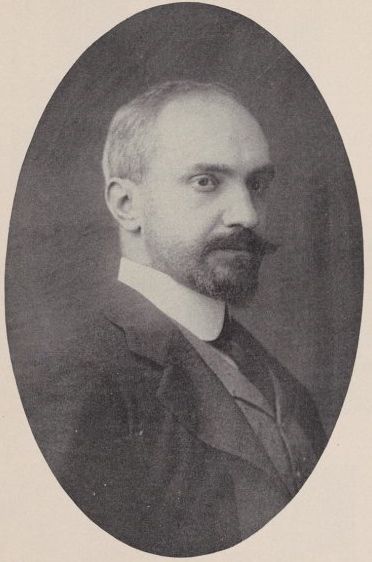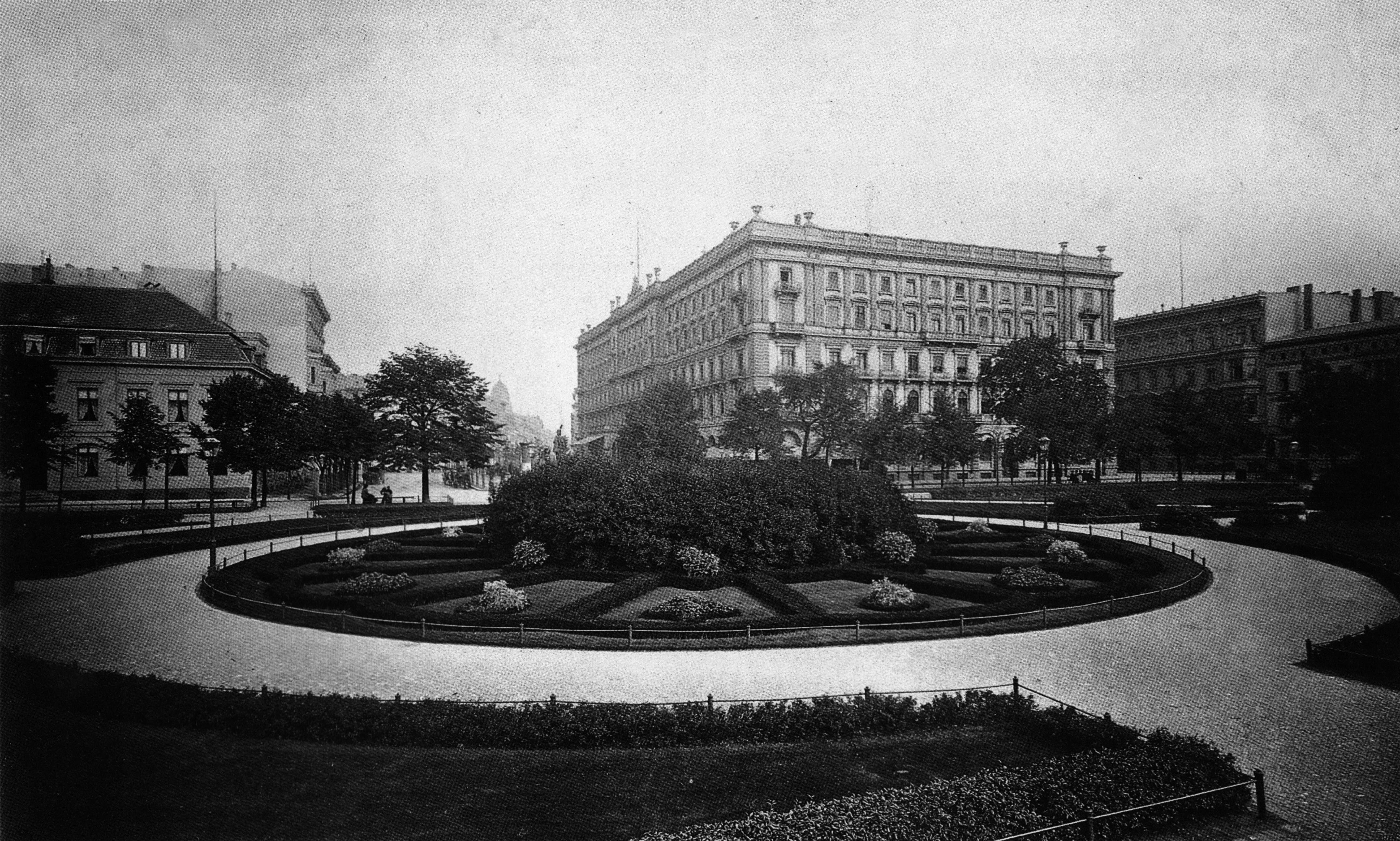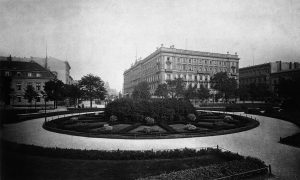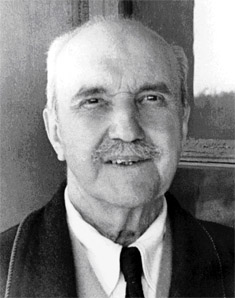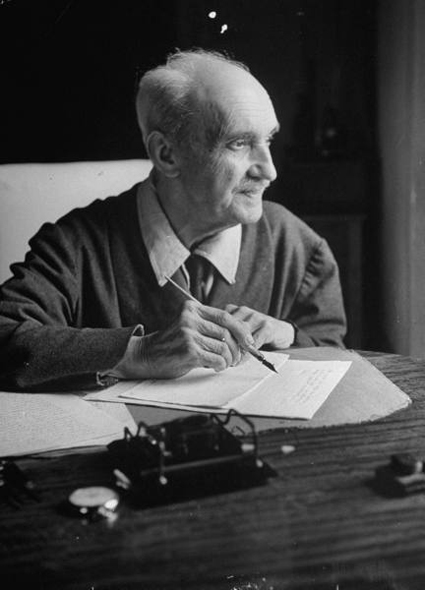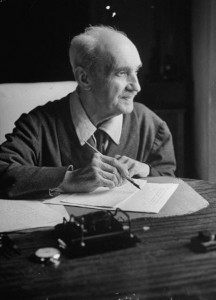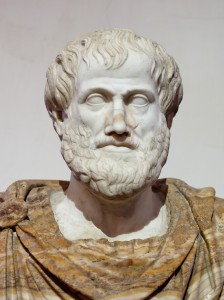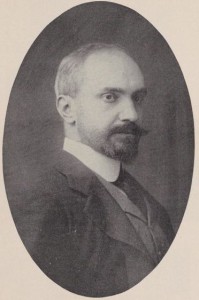 To Daniel MacGhie Cory
To Daniel MacGhie Cory
Hotel de Londres,
Naples, Italy. October 7, 1931
Dear Cory,
I am glad to have news of you and to see that Paris, your aunt, and Simone, with their united charms, don’t altogether wean you from divine philosophy. That being so, let me add a few words about “natural Moments”. When I say they are elements of description, I mean that I don’t conceive the flux to be composed of solid temporal blocks, with a click in passing from one to the next. That may be Strong’s conception, but although I should say that points and instants are necessary elements of description (geometry is an excellent method of description in regard to the realm of matter) I don’t think points or instants are natural units. Natural moments, on the other hand, though there need be no click between them (sometimes there is a click, as when a man dies, a man’s life being a natural moment) yet supply the only possible, and the most intimate, units composing the flux. For how describe the flux except by specifying some essence that comes into it or drops out of it? And the interval between the coming and the going of any essence from the flux of existence is, by definition, a natural moment. Be it observed also that these moments are not cosmic in lateral extension; they are not moments of everything at once: so that when one comes to an end, almost everything in the universe will run on as if nothing had happened. Spring every year and youth in every man are natural moments, so is the passage of any image or idea in a mind; but the change (so momentous in that private transformation) is far from jarring the whole universe, but passes silently and smoothly, removing nothing ponderable, and adding nothing in the way of force to the steady transformation of things. I am curious to see how you refute Whitehead on causation. Didn’t that seem to us to be one of his good points?
Yours affty G.S.
From The Letters of George Santayana: Book Four, 1928-1932. Cambridge, MA: The MIT Press, 2003.
Location of manuscript: Butler Library, Columbia University, New York NY.

